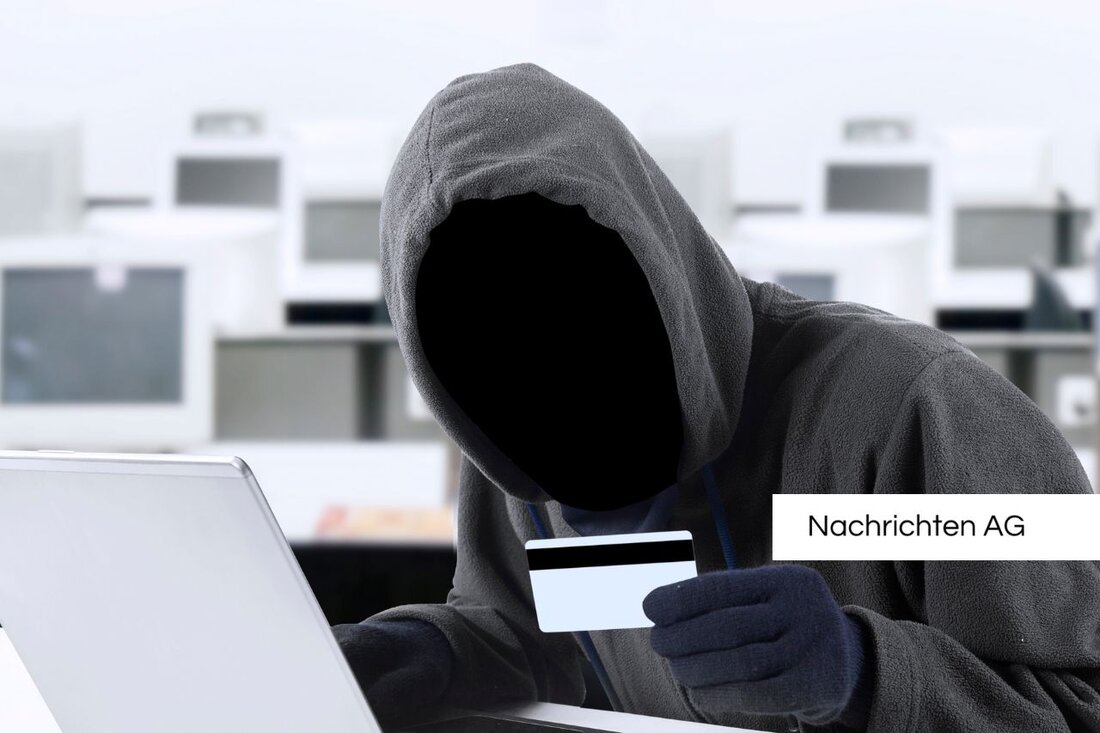Attention, fraud! Wrong BKA director asks about confidential data!
Attention, fraud! Wrong BKA director asks about confidential data!
The Federal Criminal Police Office (BKA) warns of a new fraud stitch that affects potential victims in Austria. Fraudsters are the BKA director Andreas Holzer and send fake messages that request confidential feedback. These messages often start with "Hello XXX, how are you?" And ask the recipients to answer immediately, with a Russian email address serving as an indication of fraud. In reality, the real BKA directorate has reported an Austrian email address, such as [5min.at] (https://www.5min.at/52025071112101/betrueger-diskrete- and--bitten-um-wert/)
In addition, fake official letters are also in circulation that are sent to dozens of Austrians. These documents, which are provided with logos of the Ministry of the Interior, the police and Europol as well as a stamp of the city of Vienna, give the impression of authenticity. In these letters, the recipients are subject to being involved in activities such as child pornography or exhibitionism and they are asked to send a statement to a Gmail.com address within 48 hours. According to experts, this indicates an attempt at fraud, since the BKA does not use Gmail addresses, such as today.at.
advice to avoid fraud
Gerald Sakoparnig, the head of the department at LKA Upper Austria, urgently advises against reacting to this messages. After a statement has been made, the victims often receive another letter in which they are asked to pay several thousand euros in Bitcoin. Since such threats based on fear are often used by cybercriminals, it is important to keep calm.
The number of IT security incidents related to Phishing increased by more than 13 percent in 2023. Cybercriminals have significantly improved the quality of your fraud attempts, including emails, SMS and messenger messages, which makes it difficult to recognize dangerous messages. According to the Germany initiative (DSIN), phishing attacks are still one of the greatest cyber threats, such as g data.
important protective measures
In order to protect themselves from such attempts to fraud, the recipients should always check the sender address and be skeptical about messages that suggest urgency or confidentiality. It is advisable to check suspicious messages about alternative communication channels before reacting to it. In addition, the recipient should not write back or reveal personal information when receiving such messages, but delete the emails immediately and, in the best case, report the incident.
| Details | |
|---|---|
| Ort | Wien, Österreich |
| Quellen | |


Kommentare (0)